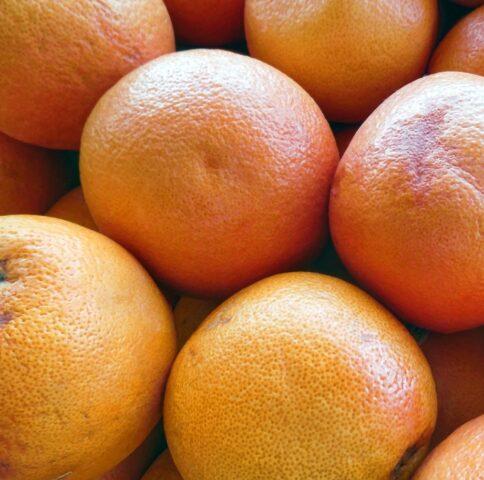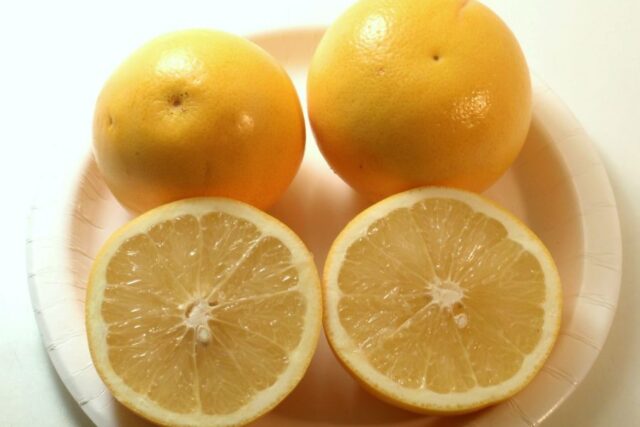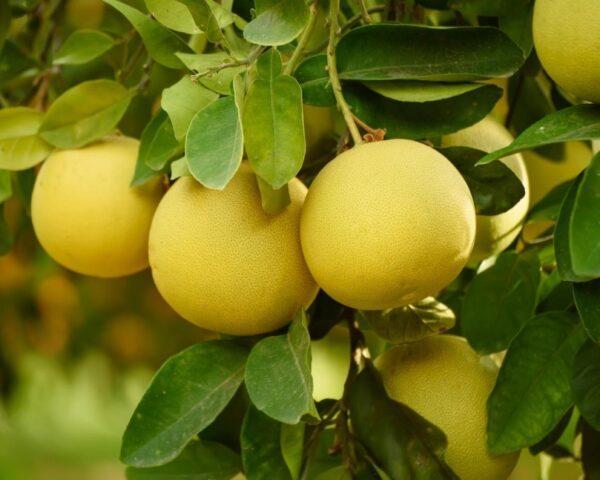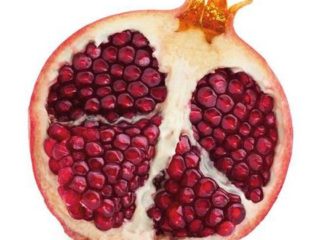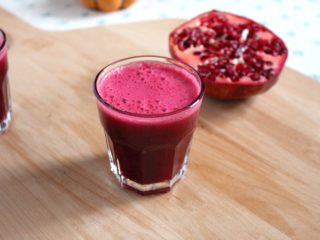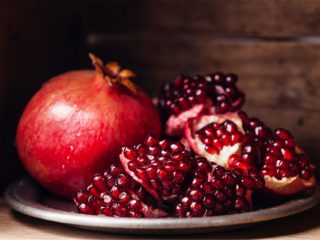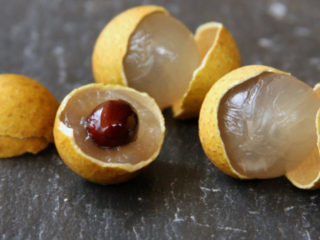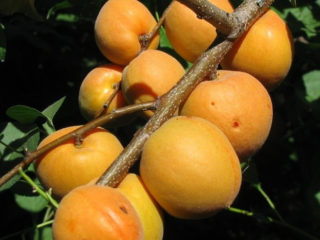Content
There are several nuances that allow you to choose a grapefruit with excellent taste. When purchasing, you need to pay attention to its appearance and grade. To prevent the fruit from losing nutrients and vitamins, you need to adhere to the rules for its storage and processing.
Types of grapefruits
It is generally accepted that the fruit is the result of an accidental crossing of a pomelo and an orange in Barbados in 1750. It began to be grown on an industrial scale in 1875 in Florida.
You should choose grapefruit taking into account varietal characteristics. Depending on the region and climate, the taste of the fruit also changes. In semitropical countries, the flesh is sweet and juicy, and the skin is thin. In the Mediterranean, hybrids with thick skin and a tart aroma are grown. Their flesh tastes with a pronounced bitterness. Its appearance is due to the content of the flavonoid naringin in the fibers.
Disputes about the varieties of the fruit continue to this day. Some scientists identify only two types, while others identify four:
- Reds. Their distinguishing feature is their scarlet, juicy flesh. The skin is thin, yellow with a reddish blush.Those who love sweet fruits try to choose such fruits.
A famous variety of red grapefruit is Ruby.
- Pink. Outwardly they are yellow in color, but there are specimens with a blush. The color of the pulp corresponds to the name of the variety. And if you choose this citrus, you need to take into account that it is not as sweet as red, but more pleasant to the taste.
One of the popular varieties of pink grapefruit is Flame
- Yellow. The species has a similar shade of both peel and pulp. The intensity of color depends on the varietal characteristics. The taste of the pulp is sweet and sour, there is a bitterness.
A bright representative of yellow grapefruits is Marsh
- White. This variety is the least popular; their pulp is almost unsweetened, with pronounced sourness. But the fruit is known among people trying to lose weight, because the absence of sugar and a large amount of nutrients allows it to be included in the diet of overweight people. The skin of the fruit is light yellow, and the flesh inside is almost white.
A well-known variety of the white variety is Duncan: frost-resistant, suitable for growing in the Middle Zone.
Among the unusual representatives of citrus, you can choose an Israeli hybrid. The Sweetie variety is distinguished by its green, dense skin. It tastes very bitter. But the flesh inside is yellow, very sweet and juicy.
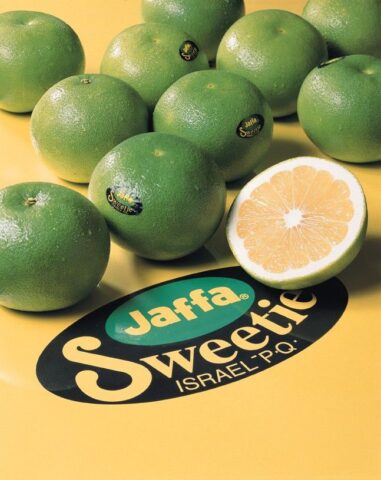
The uniqueness of the Sweetie variety is the large amount of sugar in the citrus fibers and low calorie content
How to choose the right grapefruit
Before buying a fruit, you should definitely inspect it externally. It is recommended to purchase any product from trusted suppliers who can provide all relevant licenses and certificates.
How to choose a ripe grapefruit
Maturity can be determined by the elastic, pleasant to the touch skin.If it is soft, then this indicates that the citrus has been lying on the shelf for a long time and will soon begin to deteriorate. It is best to choose large specimens. Its size should be 1.5-2 times larger than an orange. You should not choose small fruits; they will not only be unripe, but also sour.
How to choose a sweet and tasty grapefruit
Before buying a fruit, you need to inspect it for external defects and compare it with other fruits. You should choose a heavier citrus. It should have a thin peel and juicy bright red flesh.
Thick skin and pale flesh are signs indicating the presence of bitterness in the fruit.

A characteristic feature of a tasty grapefruit is its sweet aroma, and the presence of grassy notes indicates the unripeness of the fruit.
Which grapefruits are best not to buy?
You should not choose fruits that have brown spots on the skin or darkening of the color at the base. Such a fruit will not only be tasteless, but also of little use.
The skin should be shiny and smooth. The presence of defects, wrinkles and furrows on it are signs of a lack of moisture in the pulp, which means a violation of the cultivation or transportation technology.
Selecting moldy specimens is not the best solution: such fruit was overly treated with pesticides and stored incorrectly.
Another sign that should alert the buyer is the aroma. You should not choose fruits that have no smell. This is possible if an unscrupulous manufacturer treated the skin with pesticides.You need to choose a citrus with a characteristic fresh aroma that can be felt well even from a distance.
Processing and storage of grapefruits
It is important not only to correctly understand whether a fruit is sweet and tasty, but also to properly process it, and then determine a place for storage.
Immediately after purchase, you need to rinse the fruit well under running water. This will remove plaque from the skin and pesticides. To destroy bacterial microflora, pour boiling water over the citrus. It should be borne in mind that such processing does not lead to the loss of beneficial substances, so the peel can later be used for brewing tea or for cosmetic purposes.
It is a mistake to believe that it is best to store citrus in an open sunny or dark place. He won't sleep at home. The most rational solution is to choose ripe citrus and leave it in plastic in the refrigerator for no more than ten days.

Juice and zest should also be kept at a temperature of +2-8° C, they should be placed in glass or plastic containers
Conclusion
Choosing a grapefruit is easier than it seems. Sweet lovers should pay attention to the large, fragrant fruits with scarlet pulp. Those trying to lose weight are better off giving preference to white or yellow citrus fruits, which have lower sugar content. But in any case, you need to choose whole ones, without defects, of uniform color. And you should buy them from trusted manufacturers.

